Sir Keir Starmer has been branded the ‘worst Prime Minister’ in modern history after just five months in the job, pollsters Ipsos have found.
Data collected between November 27 and December 4 showed the Prime Minister has a -34 satisfaction rating, worse than the two previous most unpopular PMs at the same time period Gordon Brown (-23) and Rishi Sunak (-22).
Just 27 per cent were recorded as satisfied with Starmer’s performance, while an eye-opening 61 per cent were dissatisfied.
And in a hammer blow to Chancellor Reeves and Labour’s plans for growth, the poll found just 15 per cent of Britons think the economy will improve next year.
A whopping 65 per cent think it will get worse, confirming Briton’s gloomy outlook on the direction the country is heading in.
But how has Keir Starmer found himself in this dire position less than half a year after winning an enormous majority?
GB News has analysed the Labour leader’s months in office and generated five decisions that have damaged Starmer’s polling more than anything else.
Winter Fuel
It is an unwritten rule in politics that you don’t take on pensioners, traditionally the most politically active section of society and arguably the most vulnerable.
But almost immediately Keir Starmer ripped up the rule book by scrapping the winter fuel payment for millions of pensioners.
Worth between £200 to £300, the payment helped pensioners heat their homes through the winter, shielding them somewhat from the rising cost of energy.
But in an effort to raise cash for public services, Starmer scrapped the payment for all but the poorest pensioners- ones on pension credit.
The move drew fierce criticism as many pensioners who just miss out on pension credit will now be choosing between heating their home and buying food.
Commentators like Martin Lewis the Money Saving Expert also highlighted the fact pension credit is chronically underclaimed.
Starmer’s decision has led to an increase in pensioners using warm hubs and food banks, embroiling the PM in a hypocrisy row.
This is because, as Leader of the Opposition, he described warm hubs as “evidence” of the Tories’ failure to protect people in 2022.
During an interview, Sir Keir said it was “serious and tragic” people needed to use warm banks and that it was “powerful evidence of the failure of [the government]” and that “we shouldn’t need that in 21st century Britain”.
Charities have accused Starmer of “pure hypocrisy” after one of his first moves in government was the winter fuel raid.
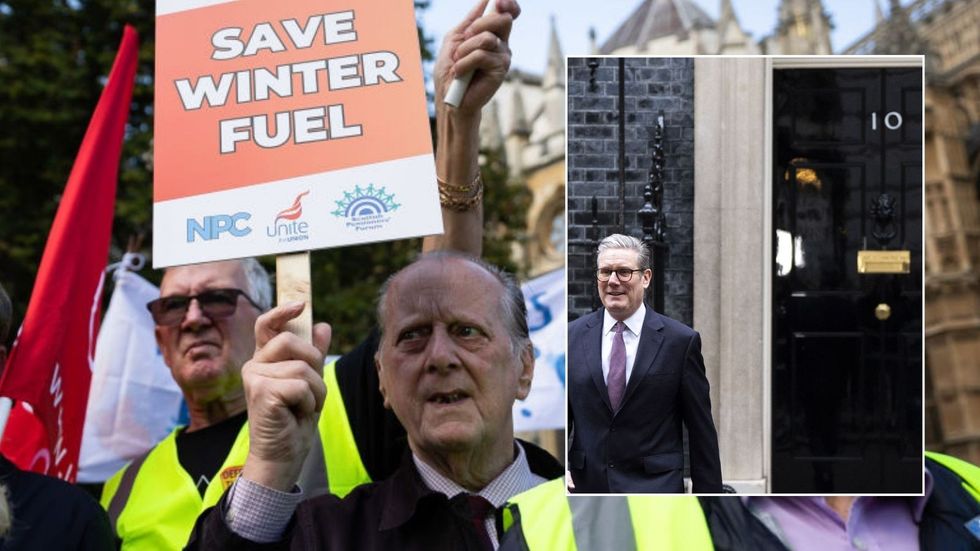 State pensioners protest Winter Fuel Payment axe at Downing StreetGETTY/PA
State pensioners protest Winter Fuel Payment axe at Downing StreetGETTY/PA Inheritance tax raid on farmers
One year ago, Sir Keir Starmer told the NFU’s farming conference that ‘farmers deserve better’ and that ‘losing a farm was not like losing any other business, it can’t come back.’
Yet in his party’s first budget, the PM and his Chancellor Rachel Reeves slapped farm-threatening death duties on previously exempt farmers.
At a time when the industry is struggling with adverse weather, unprecedented operating costs, environmental levies and a mental health crisis, it was a move that went down extraordinarily badly.
In response, 20,000 farmers gridlocked central London on November 19, followed by another demo of similar scale last week.
The government hasn’t budged an inch however, maintaining it is a fair and balanced way to plug the Tories’ £22billion black hole.
But in a worrying development for Labour, polling has shown the public are on the side of the farmers.
This could be down to the fact the Treasury hopes to raise £520million a year by 2030 from the raid, a measly figure capable of funding the NHS for one day and five hours.
Critics have been left scratching their heads as to why Labour hasn’t backed down on the raid given the tiny monetary gains, particularly when compared to the massive uproar it has caused.
Southport riots and ‘two-tier policing’ accusations
When Axel Rudakubana stabbed three young girls to death in Southport at a Taylor Swift dance class, thousands of protestors took to the streets as misinformation spread online about the killer.
In response, the government cracked down harshly, jailing protestors for posting on social media about the Southport stabbings.
Brendan O’Neill highlighted the case of Julie Sweeney, a 53-year-old carer from Cheshire who was sentenced to almost two years behind bars after suggesting in a Facebook post to “blow the mosque up with the adults in it”.
O’Neill unequivocally condemned her post as a “vile sentiment” that “no one is going to defend” but pointed out Gabriel Abdullah, 34, who brandished a knife outside a kosher supermarket in Golders Green and shouted antisemitic abuse at staff, was handed a suspended sentence by a judge.
Comparing cases like these led to widespread accusations of ‘two-tier policing’, ie that the predominantly white working-class Southport protestors were being treated more harshly by the law than other criminals of different backgrounds.
“He didn’t spend so much as a minute inside a prison and this 53-year-old woman, who is a carer for her disabled husband, will be rotting in a jail cell for the next 15 months for something she wrote on social media,” O’Neill added.
LATEST FROM MEMBERSHIP:
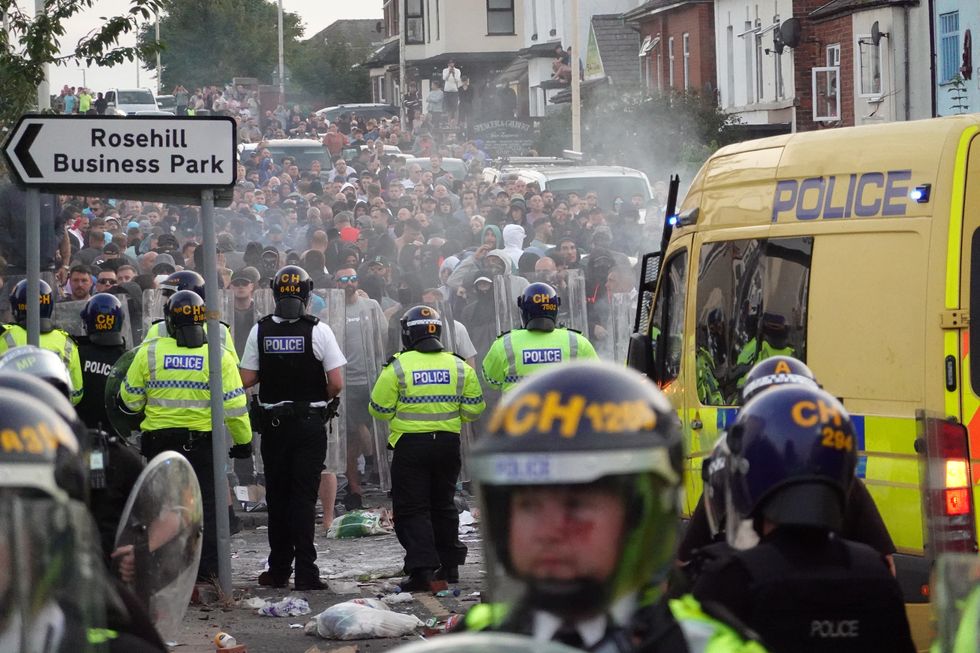 Violent anti-immigration riots shook the country following the stabbing of three young girls in Southport Getty
Violent anti-immigration riots shook the country following the stabbing of three young girls in Southport GettyReeves’ bombshell budget
Another event that landed a hefty blow to Starmer’s popularity was his Chancellor’s raising of taxes by £40billion, ushering in a new era of big government.
Despite repeated pledges to not ‘tax working people’, Labour’s massive tax uplift will inevitably hit working people, if not directly then indirectly.
Experts have warned the massive Employer’s National Insurance raid will lead to wage suppression, less hours and potentially less job openings, particularly for part time staff, for example.
Other unpopular budgetary measures included subjecting pensions to inheritance tax, removing private school’s charitable status (thus charging VAT) and inflation busting pay rises for train drivers.
Donations
After lambasting the Conservatives at every opportunity for accepting donations from millionaire donors and big business, Keir Starmer has copped heavy flak for doing the exact same thing when in office.
The Labour Leader generated headlines for receiving thousands of pounds worth of clothes and glasses from Lord Alli, who it was later revealed was given a pass to 10 Downing Street.
Starmer declared more gifts than any other MP by some distance in fact, accepting tens of thousands of pounds worth of hospitality, sport and leisure like tickets for Arsenal Football games in a premium box tickets and Taylor Swift’s Eras Tour concert.
He has since funded some of the tickets himself and Lord Alli’s No 10 pass has been removed.
Nevertheless, after hooking so much of his campaign on ‘change’, Labour supporters were left disappointed when it was revealed Starmer was much the same as his Tory predecessors when it came to donations, if not even more cosy with big donors.
Thankfully for Sir Keir, the next General Election is not due until 2029. Until then, only individual Westminster by-elections will give voters a chance to oust Labour candidates, should they wish to do so.






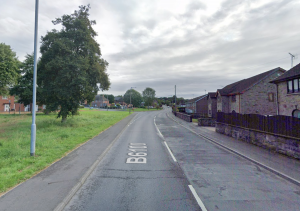






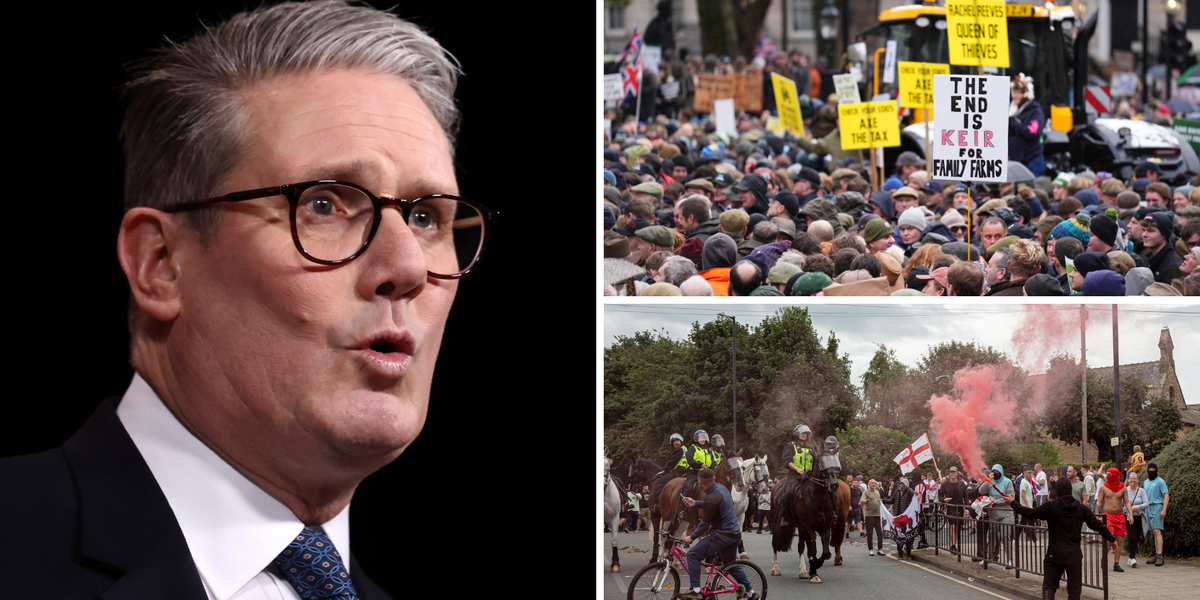


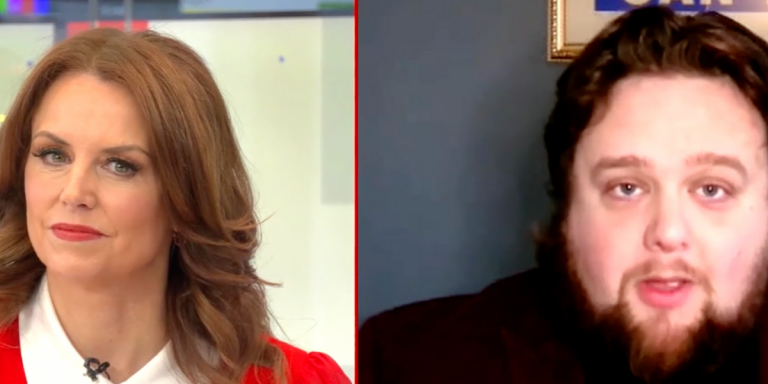




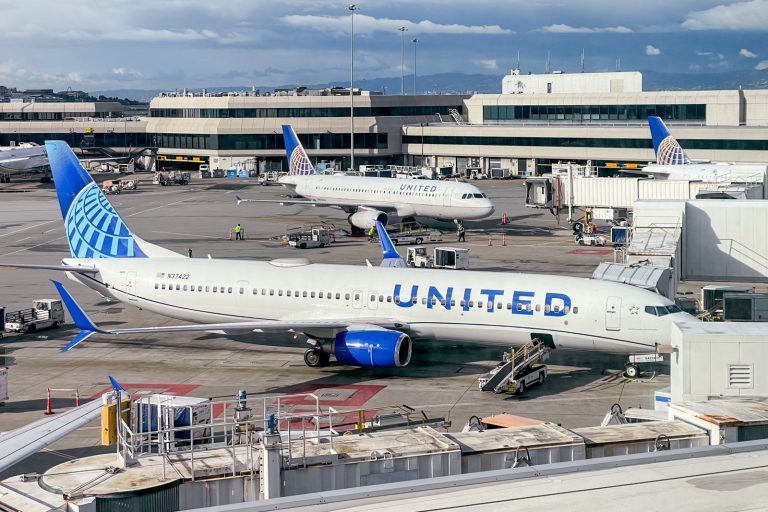


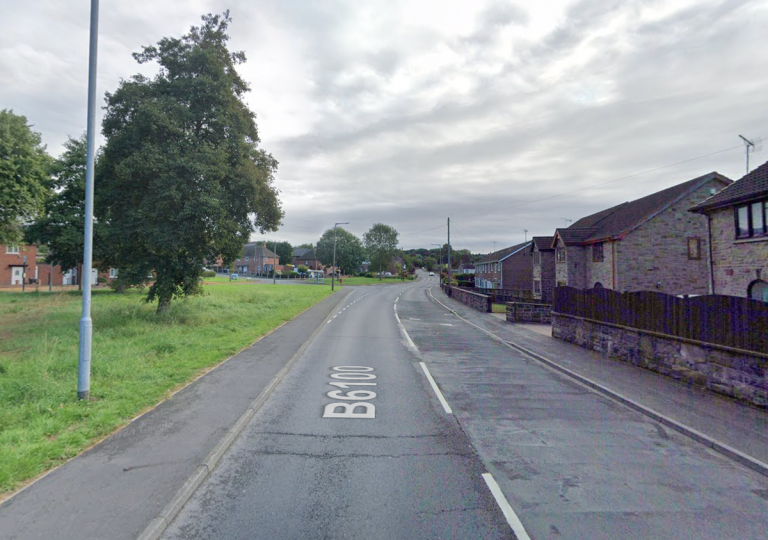
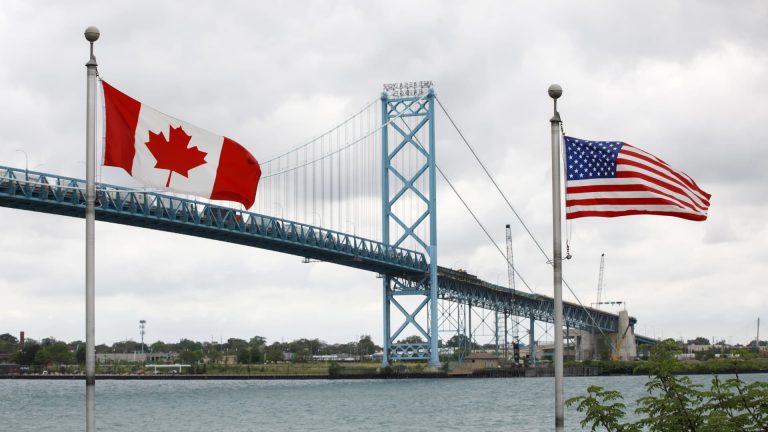
+ There are no comments
Add yours